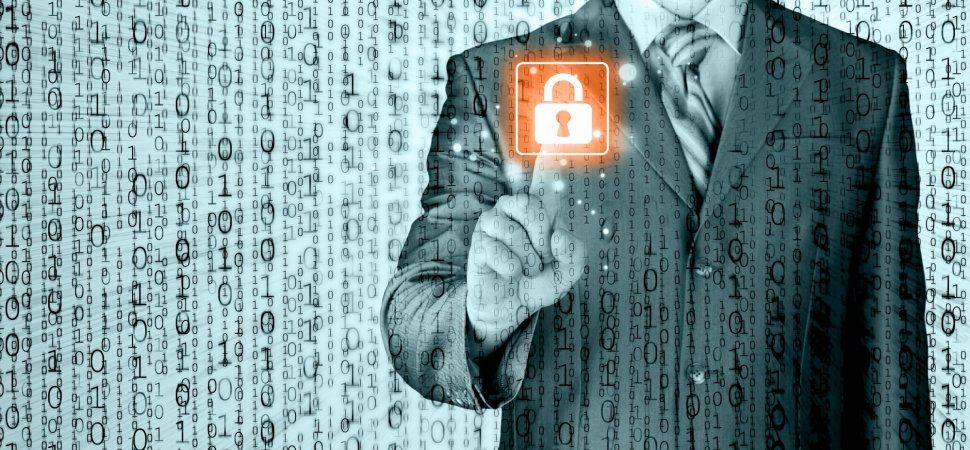Leaves are kind of like nature’s power plants, converting incoming sunlight into energy for the plant to thrive on. Inspired by the real thing, scientists have previously created artificial leaves that function in much the same way as their natural counterparts to produce electricity and even liquid fuels. Now a team at Eindhoven University of Technology (TU/e) is using a similar system to produce chemicals, which could one day lead to solar-powered “mini-factories” that can produce drugs, pesticides and other chemicals almost anywhere.
To mimic the light-capturing molecules in leaves, the researchers turned to luminescent solar concentrators (LSCs), materials seen in solar-harvesting window technology and used to catch and amplify laser beams carrying data in Facebook’s drone-mounted internet projec t. These LSCs absorb incoming light, convert it to specific wavelengths and then guide the photons to the edges of the device.
The TU/e team’s take on the idea was to create a leaf-shaped device, made from a silicon rubber LSC, with a thin channel running through it like the veins in a leaf. As chemicals are pumped through the channel, the LSC material directs sunlight towards it, and the high intensity of the sunlight can trigger a chemical reaction with the liquid in the channel. Essentially, one substance enters, and by the time it comes out the other end, the device will have converted it into a different chemical, which may be useful as a drug, fuel or other agent.

 I am neither an arbitrage player nor a day trader. These are just a few warning bells that come to mind when I think about such activity. You can be sure that this list of risks only scratches the surface. Bitcoin is remarkably fluid and many people flaunt regulations. For this reason, I am confident that opportunities for profitable arbitrage are rare and very tiny (small gain for a big risk).
I am neither an arbitrage player nor a day trader. These are just a few warning bells that come to mind when I think about such activity. You can be sure that this list of risks only scratches the surface. Bitcoin is remarkably fluid and many people flaunt regulations. For this reason, I am confident that opportunities for profitable arbitrage are rare and very tiny (small gain for a big risk).







